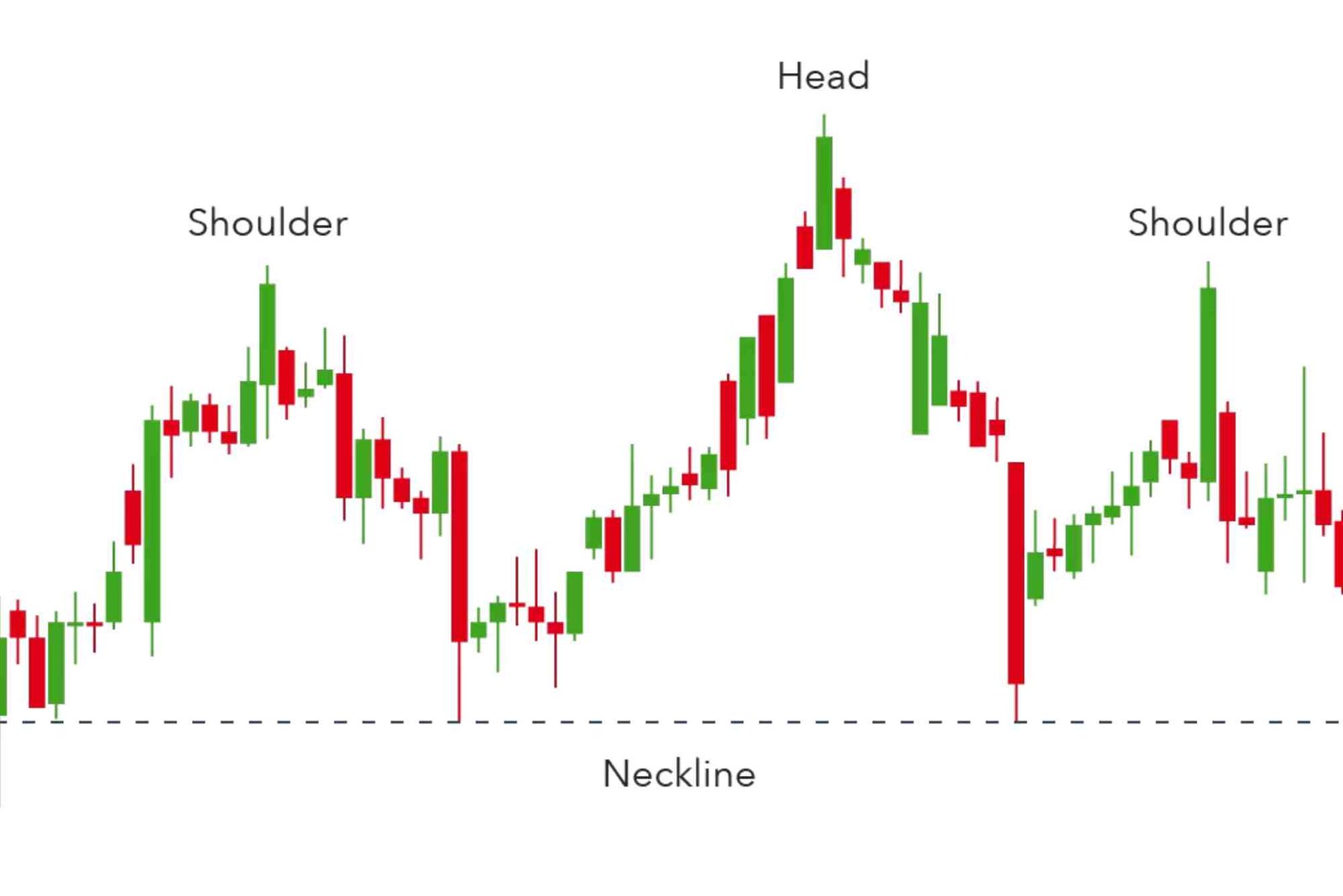Introduction
Starting your fitness journey can be exciting yet confusing. Many beginners ask, what is the perfect age for gym — practical tips and expert advice? The answer depends on your physical maturity, goals, and lifestyle. Understanding when to begin gym workouts safely ensures long-term health benefits without risking injury. This article explores age-related fitness readiness, expert recommendations, and essential tips to help you start strong and stay consistent.
Understanding the Right Age to Start Gym
The right age to begin gym workouts depends on physical growth and mental readiness. Generally, experts suggest that 15 to 17 years is an ideal time for most people to start training seriously. During this age, the body is developing strength, coordination, and endurance, which makes it easier to adapt to resistance training. However, this does not mean children or older adults cannot exercise. The type and intensity of training matter more than the number on your birth certificate.
Early Teen Fitness (Ages 12–15)
At this stage, the body is still growing. Teens can focus on bodyweight exercises such as push-ups, squats, planks, and light cardio. These activities help build a strong foundation, improve flexibility, and develop discipline. Avoid heavy lifting or high-intensity workouts as they may strain undeveloped joints or muscles. Instead, focus on technique and consistency.
Young Adults (Ages 16–20)
This is often considered the perfect age for gym workouts. At this point, hormonal balance supports muscle growth, recovery, and strength development. Starting at this age allows the body to adapt to regular resistance training while improving overall stamina and metabolism. It’s also a great time to build lifelong healthy habits. Many fitness trainers agree that 16–20 is the optimal window for serious gym training under proper supervision.
Adults (Ages 21–40)
If you didn’t start earlier, don’t worry. Adults can still achieve exceptional results. The metabolism is active, and the body responds well to strength and endurance training. Focus on progressive overload, proper nutrition, and regular recovery. Mental maturity at this stage often makes it easier to stay disciplined and follow structured workout plans.
Older Adults (Ages 40 and Above)
There’s no upper age limit to start the gym. Strength training is especially beneficial for bone density, balance, and joint health. The key is moderation. Low-impact exercises like swimming, cycling, and yoga can help maintain mobility. Always consult your doctor before beginning a new routine to ensure your body can handle it safely.
Expert Advice on Starting Gym Workouts Safely
Experts agree that the safest way to begin is with guidance from a qualified trainer. A professional will help assess your current fitness level, posture, and goals. They can design a program that minimizes injury risk and maximizes progress. Avoid comparing yourself to others in the gym—focus on your journey.
Warm-Up and Cool-Down Are Essential
Never skip warm-up or cool-down sessions. Warm-ups prepare your muscles and joints for movement, reducing the risk of strains. Cooling down helps your body recover and prevents stiffness. Five to ten minutes of light cardio and stretching before and after workouts is ideal.
Focus on Form Over Weight
One common mistake beginners make is lifting too heavy too soon. Proper form ensures muscle activation and protects against injury. Start with lighter weights and increase gradually. Once you master the technique, you can safely move toward heavier resistance.
Balanced Nutrition Is Key
Exercise alone cannot deliver results. A balanced diet with protein, carbohydrates, healthy fats, and vitamins is crucial for recovery and growth. Hydration also plays a major role in maintaining performance levels. Consult a nutritionist if possible to align your diet with your fitness goals.
Rest and Recovery
Muscles grow when you rest, not when you train. Overtraining can cause fatigue, injury, and mental burnout. Aim for at least one or two rest days each week. Ensure you sleep for seven to eight hours daily to support hormone regulation and muscle repair.
Practical Tips to Stay Consistent
Consistency is the foundation of long-term fitness success. Many beginners lose motivation after a few weeks. Here are practical strategies to stay on track:
- Set realistic goals: Start small—focus on progress, not perfection.
- Track your workouts: Keeping a log helps visualize improvement.
- Find a workout partner: It keeps you motivated and accountable.
- Mix up your routines: Try different exercises to prevent boredom.
- Celebrate small wins: Every milestone matters in your fitness journey.
Psychological Readiness Matters Too
Age is just one factor. Your mindset plays an equal role. Gym training requires patience, discipline, and consistency. Starting too early without mental readiness can lead to frustration or burnout. Make sure you understand why you want to train—whether it’s for health, strength, or appearance. When you have a clear purpose, sticking to a routine becomes easier.
Common Mistakes to Avoid
Even with the best intentions, beginners can make mistakes that delay progress. Avoid these pitfalls:
- Skipping warm-ups and stretching.
- Using improper form or lifting excessively.
- Ignoring rest days.
- Comparing progress to others.
- Neglecting nutrition and hydration.
By steering clear of these errors, you create a sustainable fitness path that delivers lasting results.
What Is Perfect Age for Gym Training?
When people ask, what is perfect age for gym — practical tips and expert advice, the answer isn’t one-size-fits-all. Physical maturity, goal clarity, and supervision matter more than exact age. The teenage years (around 16–18) are ideal for building a foundation, but any age can be perfect with the right mindset and approach. The focus should always be on safety, balance, and long-term well-being.
For additional insights and expert perspectives on this topic, explore What Is Perfect and What Is Perfect Age to deepen your understanding.
Expert-Endorsed Workout Plan for Beginners
A structured routine can help you start your journey effectively. Experts suggest beginning with a full-body program three days a week. It might include:
- Bodyweight squats and lunges for lower body strength.
- Push-ups and dumbbell presses for upper body muscles.
- Planks and crunches for core stability.
- Light cardio such as jogging or cycling for endurance.
As you progress, gradually increase intensity, weight, and training frequency. Listen to your body, and never rush.
Health Benefits of Starting Gym at the Right Age
Starting at the right age enhances muscle development, bone strength, and cardiovascular health. It also improves confidence and mental clarity. Regular training boosts metabolism, strengthens immunity, and helps maintain a healthy weight. The gym is not just about appearance—it’s a lifestyle that promotes discipline and resilience.
When Should You Avoid Gym Workouts?
While exercise benefits everyone, certain situations require caution. Avoid starting if you have recent injuries, uncontrolled health conditions, or severe fatigue. Always consult your doctor before beginning an intense fitness routine. Gradual progression ensures you stay safe and motivated.
Real-World Examples
Many professional athletes started training between 15 and 17. This period allowed them to build strength naturally without overloading their growing bones. Similarly, countless adults in their 30s and 40s have successfully transformed their health through structured gym routines. The key takeaway is consistency, not age.
FAQs
Can a 14-year-old go to the gym?
Yes, but only with supervision. Focus on light exercises and correct form rather than heavy weights.
Is it safe to lift weights at 16?
Absolutely, as long as you follow proper technique and training guidance. Many experts consider 16 the ideal age to start resistance training.
Can I start gym training after 40?
Yes, fitness has no age limit. Start slowly, choose low-impact workouts, and consult a doctor first.
What happens if kids lift heavy weights too early?
Lifting too early can affect bone growth and cause injuries. It’s safer to stick to bodyweight and technique-based training until the body matures.
How long does it take to see gym results?
Results vary depending on consistency, diet, and genetics. Generally, visible improvements appear within 8–12 weeks of consistent effort.
Determining what is the perfect age for gym — practical tips and expert advice depends on your physical and mental readiness. Whether you’re a teenager or an adult, it’s never too late to start. Focus on form, safety, nutrition, and patience. The gym is not a race; it’s a journey toward better health and confidence. Begin today, set realistic goals, and stay consistent. For more evidence-based fitness resources, you can Read more on www.verywellfit.com to continue learning from certified experts.












